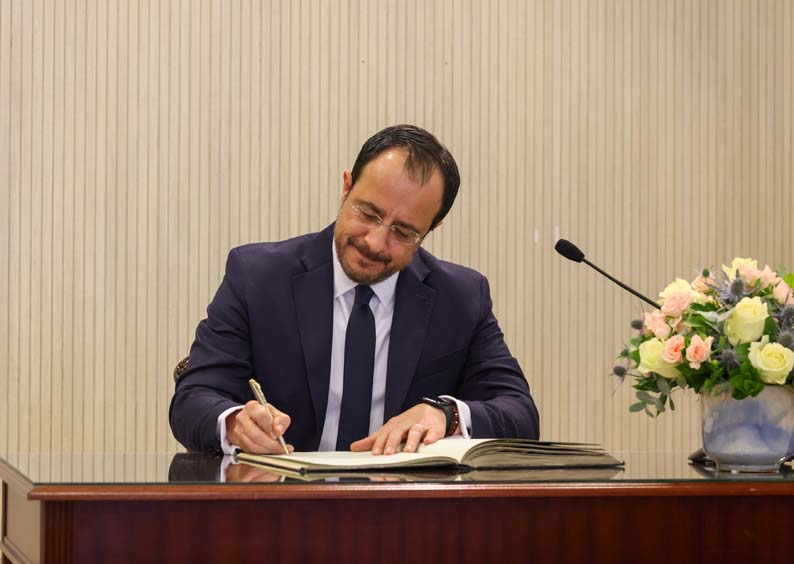Nikos Christodoulides’ administration is once again facing substantial criticism, even from coalition government partners, for falling short of the standards outlined by the Cyprus president in his own pre-election program.
Following criticism for his cabinet reshuffle earlier this month, that left one of his partners without a minister, President Christodoulides is now fending off accusations of handing out political favours for appointments to semi-government organisations.
The announcement of appointments to the semi-state boards on Friday sparked intense debate, primarily focusing on the disappointment in the public eye over high expectations of change that Nikos Christodoulides had promised to Cypriot society.
The establishment of the Advisory Council, intended to challenge the established practices of party-preferred appointments to the quasi-state bodies, was a pivotal point in his pre-election programme.
However, Friday’s announcement reignited criticism from opposition parties, as well as government supporters DIPA.
Speaking to state radio CyBC on Monday morning, the second in command of the centrist party, Marinos Kleanthous, said that DIPA had, along with the rest of society, applauded the introduction of the Advisory Council, tasked with screening potential candidates for appointment to various public bodies.
“All of society saw the move as a step forward in combating favouritism, nepotism and a break with the old system that members of the parties in government take up all the seats in quasi-state authorities,” said Kleanthous.
He explained that the idea was to have people appointed to the executive boards of authorities, based solely on merit, their skills and qualifications.
“However, we saw a few things that have spread disappointment,” said the DIPA official.
Kleanthous argued that, although “we do not have a bone to pick with how the advisory council selected candidates for appointment, it would appear that the body was given an additional criterion, that of being a supporter of the Christodoulides administration”.
He argued that this sparked a feeling of unease within society, as the “government and President had been sending out different messages”.
“There is no problem for a government to appoint the people closest to them to carry out the government agenda,” he said.
However, Kleanthous explained, a different message was communicated to voters prior to the elections last year.
Junta supporter
He also expressed his regret as a democrat, over the contentious appointment to the board of the Cyprus University of Technology (TEPAK), a member of the far-right party ELAM, who openly praised the Greek junta, that caused the downfall of Cyprus and resulted in the Turkish invasion in 1974.
Despite subsequent reports about the decision to replace the board member, criticism continued to pour in, with the opposition joining in.
The appointment of ELAM’s Konstantinos Kostalias to the TEPAK council was announced on Friday and revoked later the same day following public uproar.
He was replaced by Dr Konstantinos Vorkas, a move that was in turn criticised by lawyers Chris Triantafyllides and Achilleus Emilianides, arguing that once appointed, the government could not fire him.
Accusing the president of failure to identify competent progressive individuals, the left-wing AKEL asserted that the appointments were riddled with “blatant cases of conflict of interest” due to the professional and business activities of the selected appointees.
Right-wing DISY criticised the government’s “incredible frivolity and sloppiness” in handling Kostalia’s appointment, calling it a “fiasco.” The party questioned whether it was worse for the government to be aware of the appointee’s actions and beliefs or to be oblivious to them.
In its own announcement, the newly formed Volt party acknowledged that favouritism existed in previous administrations, but pointed out that they at least attempted to maintain a facade by appointing members from opposing parties as well.
Volt said that the current appointments exceeded even their predecessors, describing the Advisory Council as a mere formality for selecting the government’s most loyal associates, relatives, supporters, and applauders who would oversee the nation’s public wealth.








